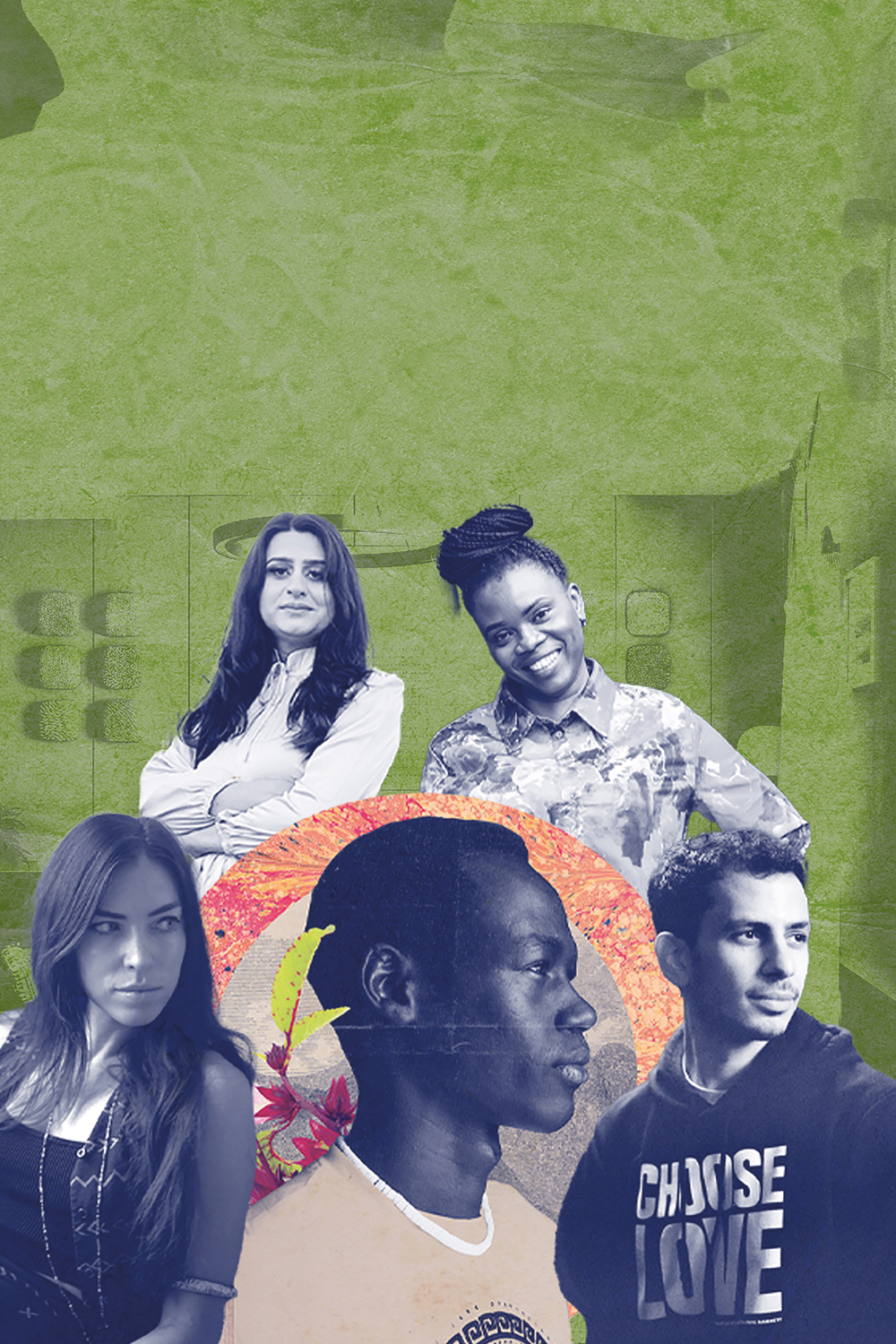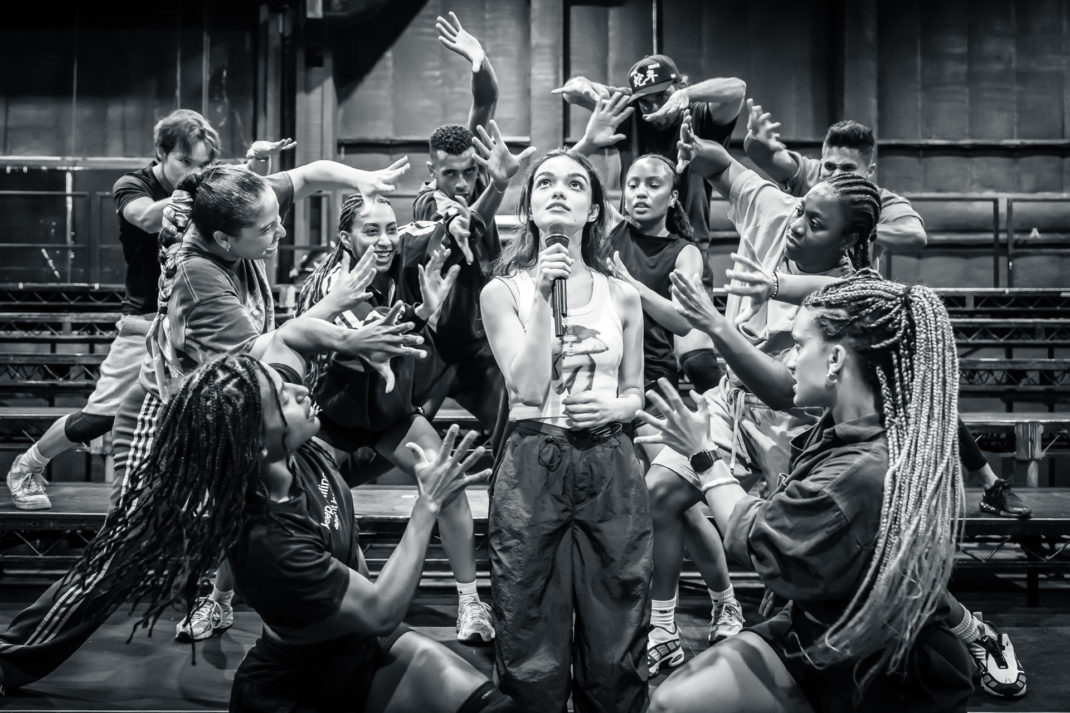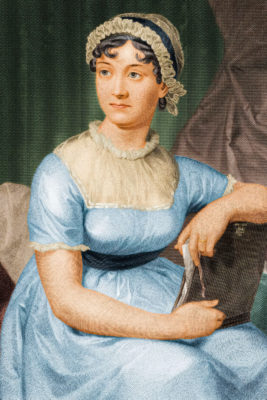
‘Hearing Asylum Seekers’ Stories Humanises The People Behind The Statistics’
By
2 months ago
Hearing stories such as that of Halimot Ogunnaike helps ignite empathy and understanding
Halimot Ogunnaike’s journey is a testament to resilience, hope and the power of human connection. Juliet Kinsman explores how storytelling can bridge divides.
Hearing Halimot Ogunnaike’s Story
When Halimot Ogunnaike talks about her boys – just like any mother might – her face lights up. Her love is palpable. Known as ‘Hali Berry’ for her baker and entrepreneur identity (she’s a whizz cake and cookie maker), like many, she juggles the needs of her children with earning enough to cover all her daily cost of living in east London. Yet Halimot has just whispered a story, as if only to me, about how, when she was nine years old, she took her first trip far from home with her auntie to learn about a new school. She’s speaking not just to me though, we have a much bigger audience present, who have come to a boutique hotel in west London to an Asylum Speakers event.
Jaz O’Hara founded the charity, Asylum Speakers, to challenge stereotypes and raise awareness around migration issues, while providing refugees with a voice and a space to educate others. She’s a fierce advocate for bringing extraordinary stories to London through her speakers, using storytelling to inspire empathy and action – and Halimot is holding the room captivated.
Growing up in Nigeria, Halimot loved learning, a keen student with encouraging parents who nurtured their smart daughter. When her father died, a long-lost ‘auntie’ appeared, offering to help her continue her studies. The idea of travelling away to further her education filled her with excitement, even if it meant leaving her mother and siblings behind. They took a car, a bus and a taxi with other girls her age, eventually arriving in Lagos. She arrived at a small hotel, expecting to go shopping for new schoolbooks or a uniform, but things did not turn out like that.
Now in her 30s, Halimot doesn’t recall much of what happened next – only that she woke with a deep pain between her legs, unable to move. It’s not my place to share what she endured that night, nor the years that followed. But let me ask you this: have you ever been in a room when someone tells a story so powerful that everyone collectively holds their breath?
That’s the power of storytelling when it comes from the heart. Hearing first-hand accounts like this allows you, if only for a moment, to imagine what it might have been like to have lived a completely different life, just because of where you were born or how events unfolded. As Halimot recounted her journey of exploitation – from early years in Nigeria, trafficked as a child to work by the roadsides of Italy, and then into the underworld of Spain, before eventually escaping her captors in London – the reality of her life was almost unimaginable to those gathered in the Inhabit hotel’s tiny library in Paddington.
After hearing her speak, it’s impossible not to care more deeply about the world around us. More women than we dare to picture have lived stories we only know from films or fiction. And once you’ve heard the truth, you can never unknow it. As Leo Tolstoy put it: ‘If you feel pain, you are alive. If you feel other people’s pain, you are a human being.’
However, we know that there’s a huge rise in anti-immigration across the world. When you hear about the rise in hostility towards displaced people, it’s interesting to know that this shared ‘othering’ (the official definition of which is the process of labelling some individuals or groups as outsiders, for not fitting into our ways of being, or looking different) might also be sparking an addictive hit of oxytocin.
Oxytocin is often nicknamed the ‘love hormone’, since it’s the hypothalamus-made neuropeptide triggered through loving connections with others. They say it takes 20 seconds of a proper hug to spark its production. Breast-feeding mums or lovers romancing produce it. What people reference less is the fact that it’s also prompted by a collective aversion to strangers.
Halimot went through hell to escape her traffickers, experiencing homelessness and sleeping on the streets as part of a long-drawn-out journey to apply eventually for asylum. Hearing her share her story is an important reminder that underneath the terms ‘refugee’ or ‘asylum seeker’ are people who have experienced something outside of their control. Though bad things may happen to us, they don’t define us. Instead of labels that divide, we’d do well to remember they are mothers, daughters, grandfathers, brothers.
Bringing together voices from Asylum Speakers, hearing stories such as Halimot’s humanises the people behind the statistics. They are individuals who have been displaced, faced unimaginable hardships, fought for safety and dignity. And by listening, by engaging, we bridge the gap between ‘us’ and ‘them’. We cultivate empathy. And, ultimately, we create a world where love – the real, active, world-changing kind – spills forth, sparking hope, leading the way.
You can order Hali Berry’s bespoke decorated cakes to be delivered anywhere in London – find her on Instagram @haliberrycake or email [email protected]; to book Halimot as a speaker, visit asylumspeakers.com
Asylum Speakers
Asylum Speakers is a charity set up by Jaz O’Hara, who is running a series of live speaker events at Inhabit hotel in London to share stories to spark hope and love. The next event is Wednesday 11 June 2025, when guests will hear from Giel from South Sudan. Tickets are £27.80pp and can be booked here.
Find out more at asylumspeakers.com






